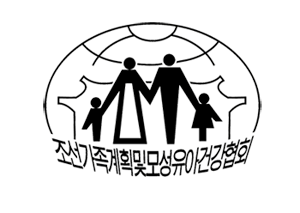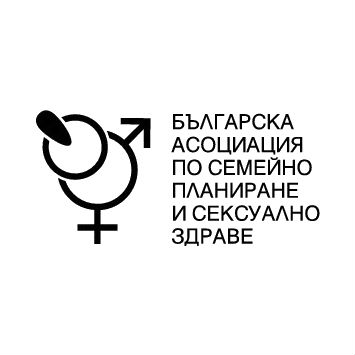

| 31 March 2016
Korean Family Planning & Maternal Child Health Association of DPRK
The Democratic People’s Republic of Korea (DPRK): Family Health Association of Korea (FHAK) formerly Korean Family Planning & Maternal and Child Health Association (KFP&MCHA) was established in 1990. Family Health Association of Korea is actively supported by the government to diversify family planning services and to improve their quality. One of the major challenges is geographic inequality. 80% of the country’s land mass is mountainous, with mining constituting a major industry. Large numbers of people live in this area, working in coal and mineral mines and forest stations. Fertility rates are much higher than in large urban areas, the contraceptive prevalence rate is much lower, and the number of trained family planning advisers is limited. FHAK has targeted these people with reproductive healthcare and information, education and communication (IEC) programmes. Contraceptive prevalence has increased, and the method mix has shifted significantly from IUD to pills, condoms and sterilization. In 2010, FHAKdelivered 538,000 condoms and 138,000 sexual and reproductive health services through 17 service points, including 9 permanent clinics and 8 mobile facilities. The Democratic People’s Republic of Korea (DPRK): Family Health Association of Korea (FHAK) is actively supported by the government to diversify family planning services and to improve their quality. One of the major challenges is geographic inequality. 80% of the country’s land mass is mountainous, with mining constituting a major industry. Large numbers of people live in this area, working in coal and mineral mines and forest stations. Fertility rates are much higher than in large urban areas, the contraceptive prevalence rate is much lower, and the number of trained family planning advisers is limited. FHAK has targeted these people with reproductive healthcare and information, education and communication (IEC) programmes. Contraceptive prevalence has increased, and the method mix has shifted significantly from IUD to pills, condoms and sterilization. In 2010, FHAK delivered 538,000 condoms and 138,000 sexual and reproductive health services through 17 service points, including 9 permanent clinics and 8 mobile facilities.

| 31 March 2016
Bulgarian Family Planning and Sexual Health Association
The Bulgarian Family Planning and Sexual Health Association (BFPA) focuses on advocacy, and on information and education activities for the whole community, but with a particular emphasis on young people. The organization runs comprehensive sexual and reproductive health care clinics in Sofia and other cities. The clinics function as training centres for health personnel and social workers. BFPA is working in close partnership with the government on a project designed to extend these facilities to other parts of the country. Sex education sessions for 14-19 year-olds, and training courses for teachers are key parts of BFPA’s activity, as is peer counselling. Programmes have been adapted to reach marginalized young people, particularly in the Roma community. Contacts Website: www.safesex.bg Facebook: https://www.facebook.com/basp.bfpa Twitter: https://twitter.com/basp_bfpa







